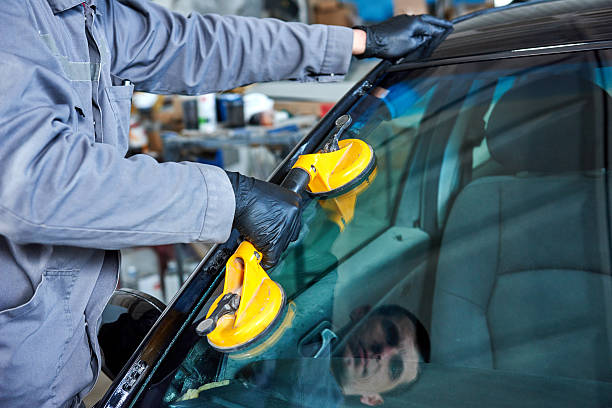Malfunctioning Vehicle? Repair Tips That Will Help
Auto repair can feel very frightening, but really the basics aren't too difficult! Learning all you can about this topic can help later on. The following articles has a bunch of great advice that will help you do your own auto repairs.
It is not legal for a mechanic to start working on your car before you officially authorize them to do so, usually by signing a contract. Be careful what you authorize the mechanic to do. You should only sign documents that include a detailed list of the needed repairs and their prices.
When it comes to auto repair, cheaper is not always a good thing. You want someone who is knowledgeable about your make and model of car to be working on it. While you might get by having a friend do your oil change in exchange for dinner, anything more complicated is better left to a professional. You don't want to have to pay extra later to fix those "repairs".
Just like at the doctor, you can get a second opinion before agreeing to costly repairs. A reputable shop should not be padding the bill, but it does not hurt to see what another professional thinks about the situation. If you are still nervous, the dealer is always an option. It will be more expensive, but they tend to someone checking over their shoulder more often.
When performing your own car repairs, make sure you budget enough time to get the job done. It's easy to underestimate how long a repair job will take. You may encounter difficult to remove bolts or nuts, or find out a part is harder to remove than you anticipated. Giving yourself enough time to complete the repair safely will make the job much less stressful.
Unless it is required by your car's warranty, don't feel obligated to use the repair shop at the dealership. There are many reputable independent auto repair shops and they are often cheaper. Ask your friends and family members for a recommendation if you are unsure which shops in your area are trustworthy.
A warranty is one of the most important things you'll need for car repairs. Therefore, when a mechanic orders parts for your vehicle, you should ask him or her about their warranties. Ask about the length of the warranty, and ask to be provided with a written copy of it.
If you feel vibration when you drive or have a hard time steering the wheel, you should have a mechanic look at your car. The problem could be cause by misaligned wheels, a broken transmission or a damaged suspension. You should get the problem checked before it gets any worse.
Be sure to keep the area where you are working on your car free of hazards. Keep your tools and spare parts picked up so that you and others will not trip over them. Be sure to work in an area with good ventilation so that you won't be overcome by potentially toxic fumes. Have a bag of cat litter on hand to clean up spills quickly to avoid slipping.
If you need to find a good mechanic, ask them how much experience they have with the brand and make of your vehicle. Driving a popular and affordable vehicle will make your job easier. It might be best to find a dealership if you do not drive a popular brand.
Probably the most important component of your vehicle is the brakes. Without them, you are not going to be able to drive. If they are damaged, this can be extremely dangerous for you. Therefore, whenever you experience brake problems, immediately see a mechanic to have them replaced. To do this yourself, you must use rubber boots to remove the bolts and loosen the brake pads. Then, install new brakes. However, if you are not comfortable doing this, it is best to see a mechanic. You do not want to take chances when it comes to brakes.
You should always get back the old part a mechanic has removed after a new part has been installed. If the mechanic is unwilling to do this, it may mean they aren't going to do the work but charge you anyway. Unfortunately, this may be a warning that the mechanic is not being truthful.
Keep good records of your car's repair history and maintenance schedules. This often helps a mechanic diagnose problems more quickly. Without a good history of the car, the mechanic may waste time finding the problem. This can be expensive. In addition, when you keep good records, it tells the mechanic you take car maintenance seriously, and that you know what you are doing. They are less likely to "pad" your bill, since they know you are well informed.
Having car trouble doesn't always have to be a majorly expensive or stress inducing event. Educate yourself, and you may even save some money. These tips will help you if you need to fix your car.

